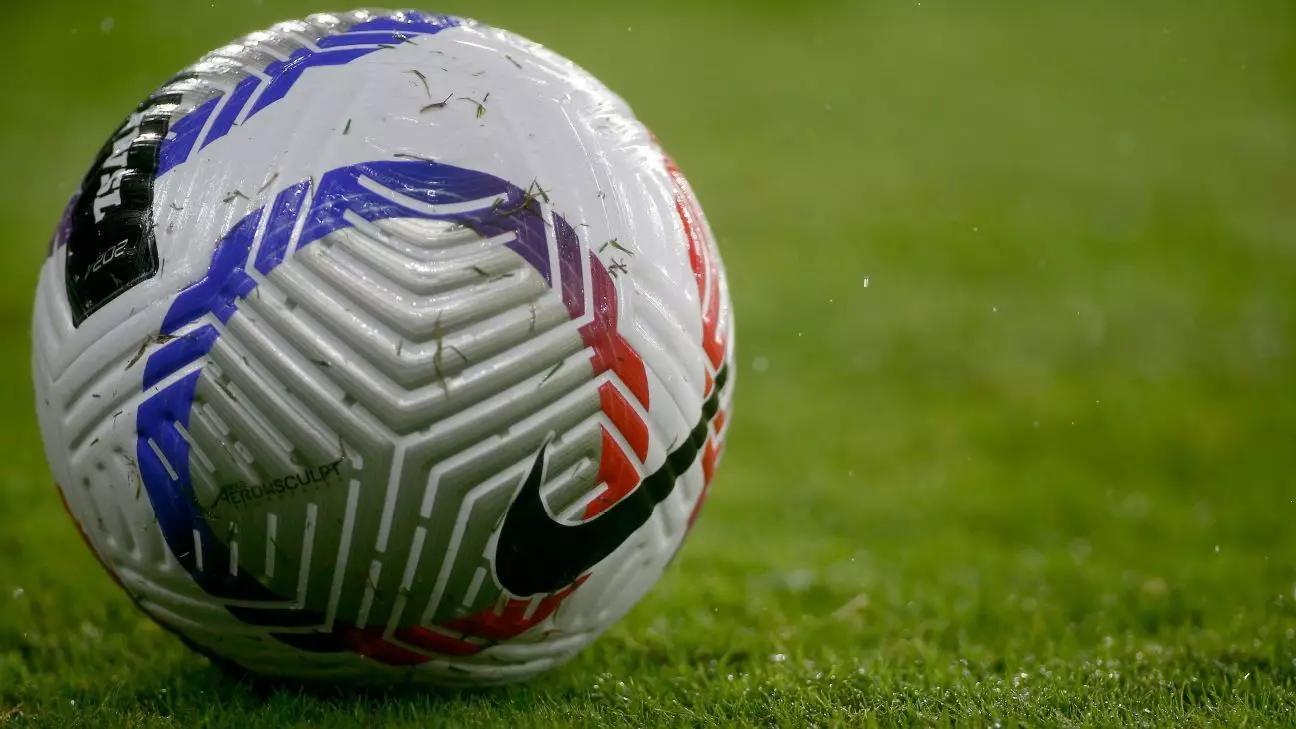The recent lawsuit filed by five former employees of San Diego Wave FC is not just another legal battle; it is a seismic indictment of the culture within professional women’s soccer, particularly as it relates to workplace safety and ethical governance. This case serves as a further testament to the implications of the broader systemic issues plaguing the National Women’s Soccer League (NWSL).
The lawsuit submitted in the San Diego Superior Court outlines a series of troubling actions that highlight an atmosphere rife with discrimination, sexual harassment, and subsequent retaliation against individuals who dared to speak out. These allegations escalate from claims made by Brittany Alvarado, a former employee who previously flagged concerns about the work environment under the leadership of team president Jill Ellis. The lawsuit maintains that under the Wave’s management, a toxic culture was not merely tolerated but encouraged, resulting in significant psychological distress and detrimental impacts on employees.
While Jill Ellis is not specifically named as a defendant in this new suit, her leadership role and the culture she purportedly fostered are critical focal points of the claims. Notably, the initial denials issued by the Wave in response to previous allegations indicate a concerning trend of defensiveness rather than acknowledgment, something that could exacerbate the distrust among current and former employees.
Failure of Oversight Bodies
Beyond the individual claims of harm and harassment, the lawsuit also criticizes the NWSL itself for its apparent lack of adequate governance and response mechanisms. According to the plaintiffs, when complaints were made, they were rarely documented properly, nor were they followed up with objective investigations. This negligence contributes not only to a toxic workplace but also endangers employees who find themselves vulnerable and unsupported.
One particularly distressing account within the lawsuit refers to a first-season hire—identified as Jane Doe—who alleged repeated instances of sexual assault by a coworker, starting shortly after she joined the club in July 2022. The chilling aspect of this story is that Jane Doe chose not to report these incidents at the time due to fears about retaliation. Such fears are indicative of a work environment that prioritizes its reputation over the safety and wellbeing of its players and staff.
The Complexities of Reporting Misconduct
The suit raises pivotal questions about the language necessary for reporting grievances concerning sexual misconduct. In Jane Doe’s case, when she disclosed her trauma, the NWSL reportedly indicated that the Wave was not informed of the “assault” because she had used the term “assault” instead of “sexual assault.” This emphasis on precise terminology places undue pressure on victims, further complicating their willingness to come forward and report abuses.
The consequences of such communication failures can be devastating. According to the lawsuit, after revealing her experiences, Jane Doe was placed on administrative leave almost immediately, culminating in her termination a few days later. This sequence of events underscores a potential pattern of intimidation that discourages victims from stepping forward—an issue that extends far beyond the confines of San Diego Wave FC.
In recent years, the NWSL has been compelled to undertake significant reforms prompted by prior investigations into abuse within the league. Pioneered by former U.S. Attorney General Sally Yates, these inquiries revealed “systemic” issues and resulted in strict penalties, including bans for abusive coaches and the forced sale of franchises. Although these reforms are commendable, the current lawsuit highlights ongoing failures that imply that the league’s commitment to change may not yet be fully realized.
The league’s spokesperson stated that the wellness of everyone affiliated with the NWSL is their highest priority. However, the apparent disconnect between public assurances and the lived experiences of employees suggests an urgent need for enhanced accountability and transparency within the NWSL structure.
A Call for Cultural Change
The allegations put forth by the former Wave employees illuminate a critical need for a cultural overhaul within women’s professional soccer. Immediate steps must be taken to ensure a safer work environment, including the establishment of robust reporting mechanisms and thorough, unbiased investigations into complaints of misconduct.
The lawsuit against San Diego Wave FC is emblematic of larger cultural and systemic issues that must be addressed to cultivate a safer and more equitable work environment throughout the NWSL and beyond. The courage demonstrated by these former employees in speaking out against alleged injustices is a call to action, urging leagues and organizations to prioritize safety, equity, and respect for all individuals within their ranks.

